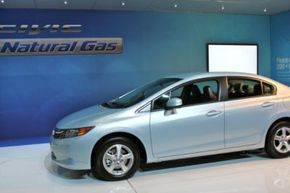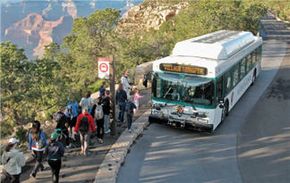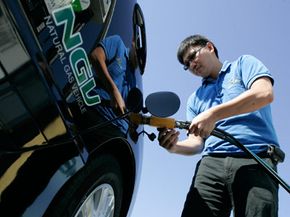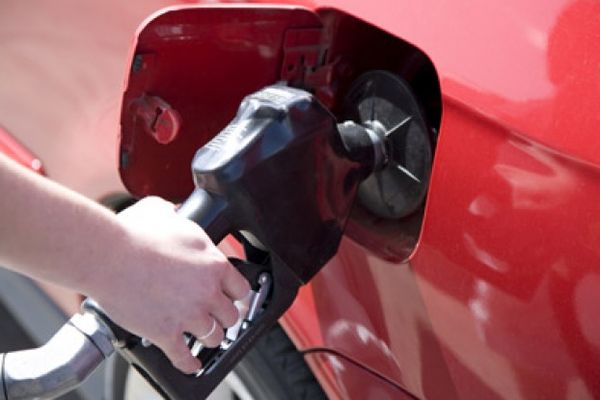Are you in the market for the greenest vehicle you can drive that isn’t a 10-speed bike? Natural gas-powered cars could be both cleaner and cheaper to run than gasoline or diesel powered cars — theoretically at least. This year a natural gas powered car was even named Green Car of the Year by the Green Car Journal. So why aren’t natural gas powered cars popular with consumers?
If you don’t build it, they can’t come
The lack of infrastructure is one of the biggest reasons that natural gas powered vehicles haven’t taken off. Unlike gasoline and diesel fuel, you can’t find a natural gas station on every corner. Today there are less than 1,000 natural gas (CNG) fueling stations in the U.S., but some states don’t even have one, which would make it pretty tough to take a cross-country road trip. Akso unlike gasoline and diesel, owners of natural gas cars can refuel their cars in their own garages. But in order to do this, owners will need to pay for the system that enables this and the extra costs to have it installed.
Advertisement



